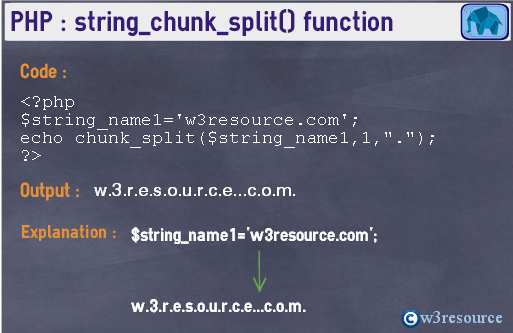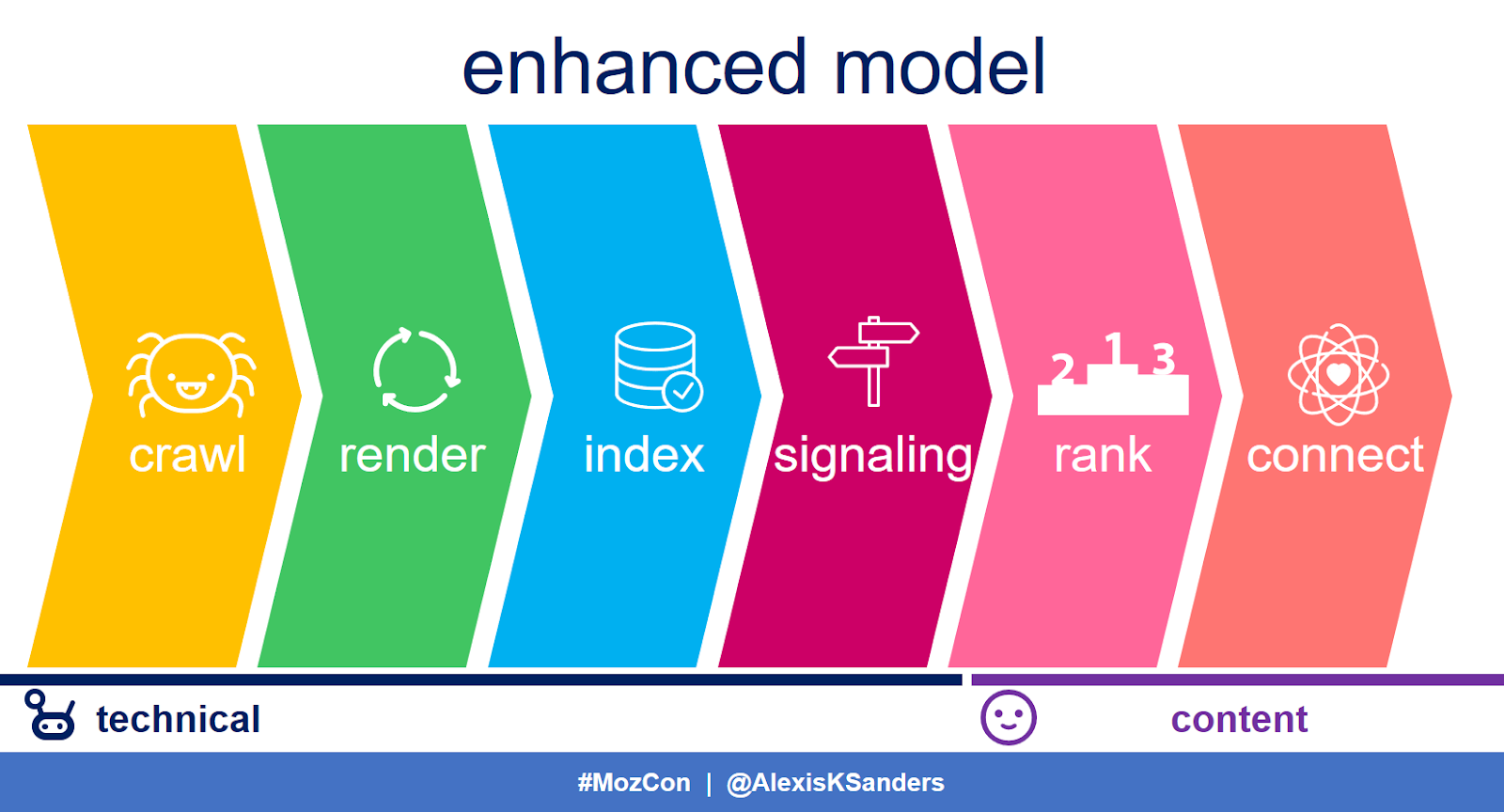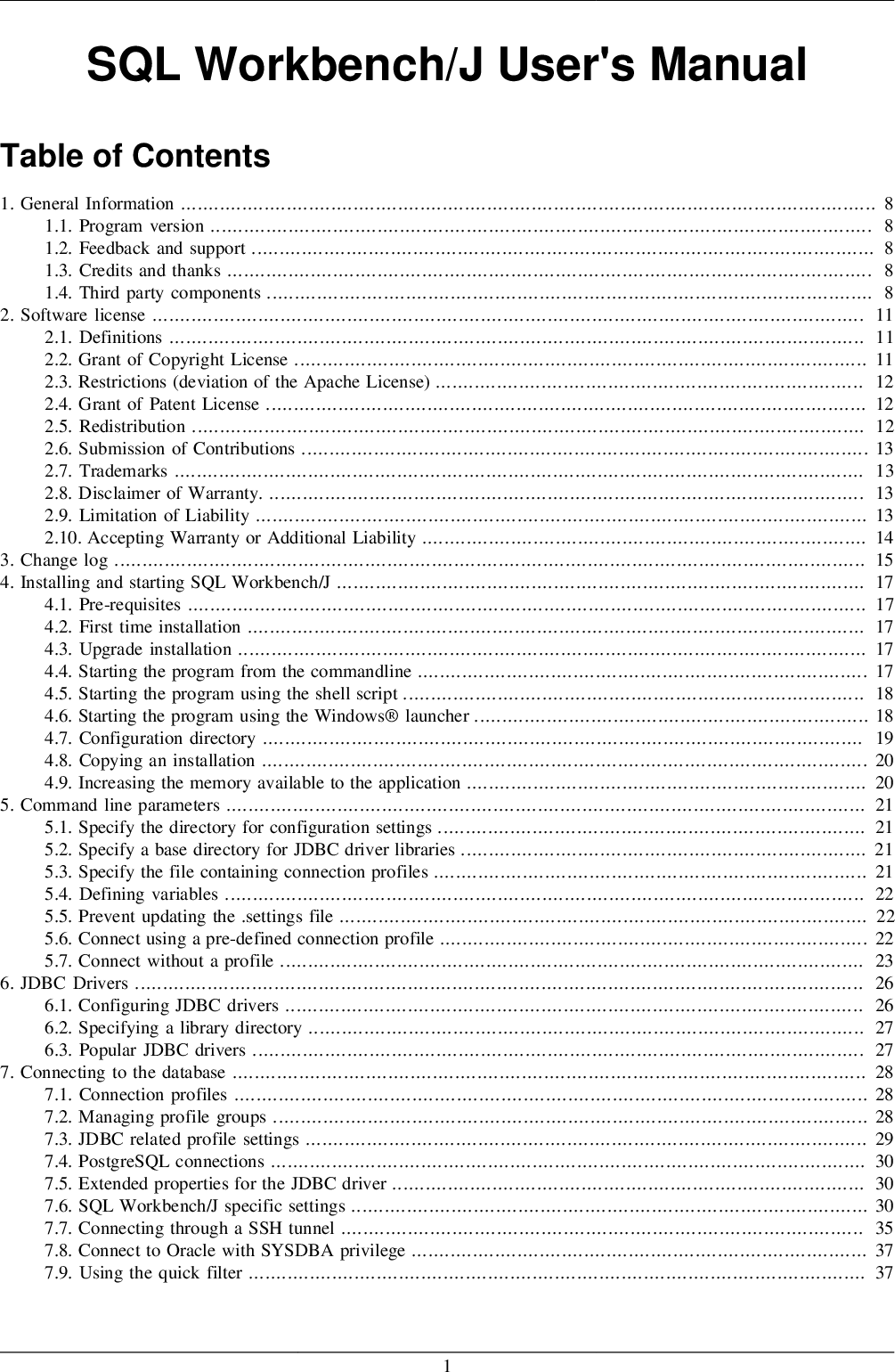This topic will discuss how we can split given strings into a single word in the C++ programming language. When we divide a group of words or string collections into single words, it is termed the split or division of the string. However, splitting strings is only possible with some delimiters like white space , comma , a hyphen (-), etc., making the words an individual.
Furthermore, there is no predefined split function to divide the collection of strings into an individual string. So, here we will learn the different methods to split strings into a single one in C++. Working with string data is an essential part of any programming language.
Sometimes we need to split the string data for programming purposes. The split() function exists in many programming languages to divide the string into multiple parts. The uses of these functions to split strings in C++ have been explained in this tutorial.
C++ split string routine is a general concept of tokenizing the given string using a specific delimiter character or a substring. In this article, we explore several methods utilizing existing STL methods and algorithms. Even though string splitting routine can have many tradeoffs, we will only consider common solutions that just work and do not guarantee special performance. Keep reading to find out more details about splitting string C++. In this lesson we'll learn how to split a string into several tokens using strtok function. To split a string we need delimiters – delimiters are characters which will be used to split the string.
Suppose, we've the following string and we want to extract the individual words. Create a C++ file with the following code to split a string based on the space delimiter using the getline() function. A string value of multiple words has been assigned into a variable, and space has been used as the separator. A vector variable has been declared to store the extracted words.
Next, the 'for' loop has used to print each value from the vector array. And the substr() function stores the sub-string to be printed. The Split () method returns an array of strings generated by splitting of original string separated by the delimiters passed as a parameter in Split () method. The delimiters can be a character or an array of characters or an array of strings. The string can be splitted in C++ by using find() and erase() functions.
Create a C++ file with the following code to check the uses of find() and erase() functions to split a string value based on a particular delimiter. This task will be repeated until the full content of the string is parsed. Next, the values of the vector array will be printed. How to use Split in Python The split () method in Python returns a list of the words in the string/line, separated by the delimiter string. The strtok() function can be used to split a string by tokenizing the part of the string based on a delimiter.
It returns a pointer to the next token if it exists; otherwise, it returns a NULL value. The string.h header file is required to use this function. A loop will require reading all splitted values from the string. The first argument contains the string value that will be parsed, and the second argument contains the delimiter that will be used to generate the token. Strtok accepts two strings – the first one is the string to split, the second one is a string containing all delimiters.
Strtok returns a pointer to the character of next token. So the first time it is called, it will point to the first word. The function will continue the task until the full content of the string or file is parsed.
No developer wants to parse string inputs for integer values, simply because they need these values for another part of their program. Luckily, C++ has a stoi function that converts numeric strings to integers. Stoi also has some functionality for getting rid of other material in the string, such as trailing characters. In C how can I separate a char array by a delimiter?
You can look this program .First you should use the strtok (input, ",").input is the string you want to spilt.Then you use the strtok (NULL, ","). If the return value is true ,you can print the other group. String.Split method can also separate string based on multiple characters in the same method.
The Split method takes an argument of an array of characters and splits string based on all the characters in the array. Splitting strings based on single character delimiters is a common requirement, and it probably won't surprise you that it's in the Boost String Algorithms library. It is easy to use; see Example 4-11 to see how to split a string with Boost's split function. For example, we have a comma separated list of items from a file and we want individual items in an array. It is possible to accomplish this task using only member functions of the basic_string class. The following function allows you to specify the delimiting character and uses only the find_first_not_of, find, and substr members of the basic_string class.
One disadvantage of this method is that these functions are not templatized on the return type and each have a different name. Thus, it results in a fragmented interface for the end user of the library. If the data that your library needs to parse changes from int to long int, you'll need to replace all calls of stoi with stoll. The next two methods in this section circumvent the need to hardcode the function and instead choose it based on the type of output expected. As you can see in the above code, we are able to use multiple delimiters with help of regex and are able to split the string based on "@" and spaces as well.
Though this is the most intuitive solution for this problem certainly this code takes a lot of time. We shall be using strtok() function to split the string. The function returns a pointer to the first letter of the token parsed at the first calling. Subsequent calling of the function parses or splits the rest of the string.
We first create an object of the class istringstream which copies the content of the string passed as argument. We can then use getline() to split the String by space in C++. Photo by Paweł Czerwiński on UnsplashIf you do write code in C++ then you must have encountered with the problem of lack of split like method in C++. Specifically, if I am talking about to obtain results from the given space-separated string.
In that case, There are several ways to achieve this but in the post, I am explaining one of the available ways. We can use something called stringstream method defined under the header file stream. I was wondering if there is any way of adding an option to NOT delete the separator character, including it in the split strings. The modified code either runs in the interactive window or, if compilation fails, the interactive window displays all C# compiler error messages.
The following code splits a common phrase into an array of strings for each word. Every instance of a separator character produces a value in the returned array. Split is used to break a delimited string into substrings. You can use either a character array or a string array to specify zero or more delimiting characters or strings. If no delimiting characters are specified, the string is split at white-space characters. The atoi() function converts a character string to an integer value.
The input string is a sequence of characters that can be interpreted as a numeric value of the specified return type. The function stops reading the input string at the first character that it cannot recognize as part of a number. The code for the basic_istringstream class, the basic_string class, and Boost along with a complete sample demonstrating the use of the the functions can be found on Ideone. The following function allows you to specify the delimiting character and uses only the find_first_not_of, find_first_of, and substr members of the basic_string class.
The first and second argument of from_chars take the start and end of the cstring. The third argument is an out parameter which returns value with the parsed numerical value. The integral overload also has a base argument that is similar to the one used by the numerical conversion methods in the string header. For floating types, the chars_format struct can be used to define the formatting of the string which needs to be converted.
The formatting can be one of scientific, fixed, hex, or general. For more information on formatting, see the linked page on cppreference. In C++, there is no inbuilt split method for string. It is very useful to split a string into a vector of string.
We can use the following string split method to split a string into a vector or string using the stringstream class. You want to split a delimited string into multiple strings. For example, you may want to split the string "Name|Address|Phone" into three separate strings, "Name", "Address", and "Phone", with the delimiter removed. We can split lines and words from a string based on chars, strings or newlines. [&Split&] [&can&] use multiple separator characters.
The following example uses spaces, commas, periods, colons, and tabs as [&separating&] characters, which are passed to [&Split&] in an array. The loop at the bottom of the code displays each of the words in the returned array. Split() The split() method divides a String into an ordered list of substrings, puts these substrings into an array, and returns the array. The division is done by searching for a pattern; where the pattern is provided as the first parameter in the method's call.
Sometimes the string that is to split uses several different delimiting characters. At other times it may simply be impossible to know for certain in advance what delimiting characters are used. In these cases you may know that the delimiting character could be one of several possibilities. In this case it is necessary for the function to be able to accept a string containing each possible delimiting character.
This too can be accomplished using only member functions of the basic_string class. Here is a C++ function to split the string into a string vector by the delimiter character. Safe mode has an added advantage of throwing a runtime error in case errors occur while parsing the user input.
It should also be noted that safe_parse is not zero-cost as it contains a call to remove_prefix. For constant strings however, this is resolved at compile time. You can always remove it if it is an eyesore for you. Another way (C++11/boost) for people who like RegEx. Personally I'm a big fan of RegEx for this kind of data. IMO it's far more powerful than simply splitting strings using a delimiter since you can choose to be be a lot smarter about what constitutes "valid" data if you wish.
You can use regex to split the string or get it tokenized easily. In the below example code I will show you how you can implement this regex solution to parse strings in C++. Tokenizing or Parsing or Splitting a string refers to the process of dividing a string according to delimiters.
There are numerous approaches to tokenizing or splitting a string. There is no inbuild function present in the C++ standard library to perform this task. To split the string, we will extract individual words/tokens in the string using getline function and inserts extracted tokens into a vector. We can write our own function split(), which will have an implementation like, should return the tokens array/vector by using provided delimiter on a given string.
For example, consider a program that inputs a file with a list of transactions as a set of strings. The stoi function can take those strings and pull out the dollar values as integers for calculation and analysis. Using string to int is beneficial when you require user input in the form of a string, and you need to extract an integer from that string. Perhaps the user is listing their address, and you want to use only the address number somewhere further in your program.
Stoi can separate those house numbers for whatever reason you might need. Since stoi returns integers, string s4 is truncated and loses everything after the decimal point. In C++, the stoi() function converts a string to an integer value. The function is shorthand for "string to integer," and C++ programmers use it to parse integers out of strings. The stoi() function is relatively new, as it was only added to the language as of its latest revision (C++11) in 2011. The downside is that you need to give the number of elements expected as a template argument.
For my use case (mainly CSV files and multi-part fields such as dates) I know the number of fields expected to split into. Note that in Perl you can give split an optional argument that specifies the number of fields and this acts as a maximum; it stops looking for delimiters after that. Since the array is a fixed size, if it's actually a maximum then you'd have empty string_view items padding the end.





























No comments:
Post a Comment
Note: Only a member of this blog may post a comment.